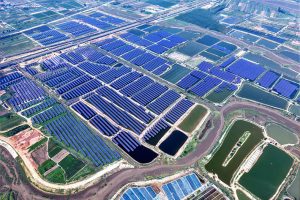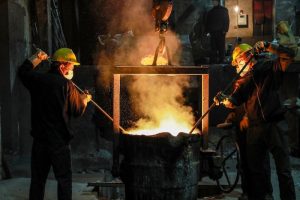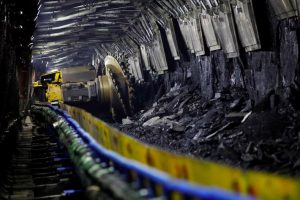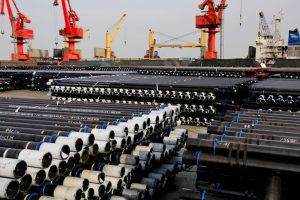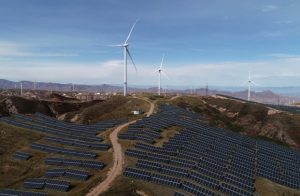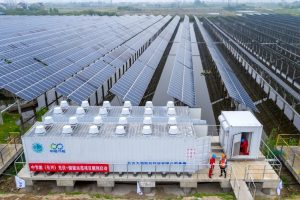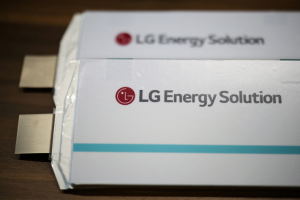China is proposing to add cement, steel and aluminium production to its carbon emissions trading scheme, in a move that would bring the volume of the greenhouse gas covered by the exchange to around 60% of the country’s total.
Including these three additional sectors would mean the exchange would be trading in volumes of the greenhouse gas exceeding those produced by the US every year.
Beijing’s Ministry of Ecology and Environment said on Monday it is looking for public feedback on the plan, which it would like to implement by the end of the year.
China will expand the ETS over two stages, familiarising participants with its processes between 2024 and 2026 and improving management and the quality of emissions data, while reducing quota allocations to businesses, from 2027.
Also on AF: Pacific Islands Want ICC to Make Ecocide a Criminal Offence
Carbon allowance quotas, which permit companies to emit a certain volume of carbon dioxide, will initially be allocated to enterprises free of charge. In the first stage, there will be no upper limit on allowances, and firms that emit more will be granted a larger quota.
Beijing established the China Carbon Emission Trading Exchange in July 2021 as part of a drive to bring carbon emissions to a peak before 2030 and to become carbon neutral by 2060. But the market has only covered the power sector since its inception.
Looming carbon tariffs from the European Union have put pressure on China to accelerate its decarbonisation of heavy industrial sectors.
The EU tariffs were introduced to tackle the problem of “carbon leakage”, which allows businesses to avoid carbon costs by sourcing products from countries with weaker climate compliance.
Starting from 2026, importers of steel, fertiliser, cement and chemicals will pay levies based on the carbon footprint of the products they buy.
- Reuters with additional editing by Sean O’Meara
Read more:
Germany Rejects ‘Fake’ Chinese Carbon Credits Used by Oil Firms
US, China ‘Narrow’ Gap on Climate Finance, Plan Methane Talks
UK First G7 Nation To End Coal-Fired Power Generation – FT
China Vows More Power Reforms in Shift Away From Fossil Fuels
China State Planner Urges Hike in Energy Network Upgrade Funds





